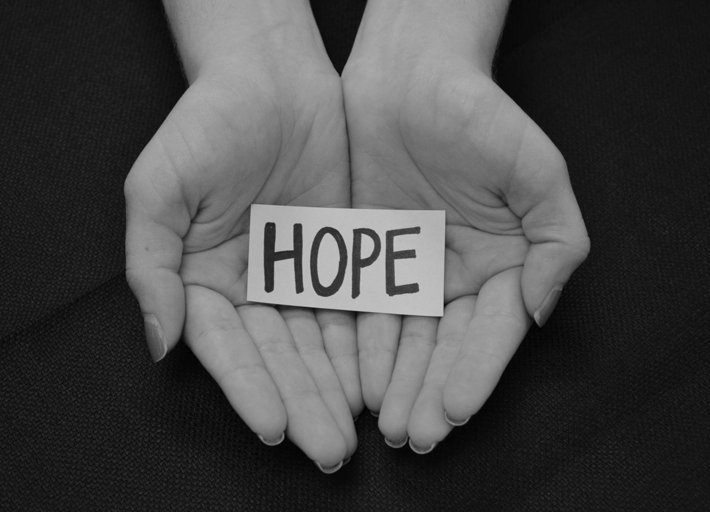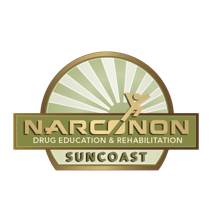What Is an Intervention?

Drug addicts cannot stay addicted to drugs forever. Addiction only ends in one of three ways; incarceration, death or attaining sobriety. Eventually a crisis occurs that causes a family to take action against the addict in order to save the addict's life. Often, the active addict is in complete denial about how severe their problem is. Once confronting the addict, families commonly hear:
“I can quit whenever I want, I just don’t want to right now.”
“I still have a job and money so it’s not that bad.”
“You guys are crazy, I’m fine!”
“I only tried it a few times. It’s not a problem.”
The problem is to get the addict to agree to enter a rehabilitation program. Objectively viewing the addict and their behavior, they appear completely out of control and are delusional to think they don’t have a problem. Track marks up and down their arms, sores on their face and all of their possessions in pawn shops is a good indication life has gone completely off the rails. Everyone around the addict can see how dire the situation is, except the addict.
The question is how to get a drug addict willing to drop everything, put their lives on hold and get help? When families are faced with a person who is resistant to treatment, there only exist two options: give the addict an ultimatum to either get help or they will be cut off by the family or conduct an intervention. Many families aren’t comfortable with giving their loved one an ultimatum. A mother once told me she would never kick her son out even if he wouldn’t get help because if he was going to die, she wanted him to die in a warm bed and not out on the streets.
An intervention is the process by which an addict’s family, friends, counselors or professional intervention specialists can show the addict his destructive behaviors in a way that may result in the addict choosing to seek help immediately (http://www.interventionsupport.com/what-is-intervention). Interventions are conducted every day all over the world in the attempts to get drug addicts the help they desperately need. An intervention is usually used as a last ditch effort to get someone into treatment and often, it is a lifesaving action.
Getting Help Quickly Is Imperative
A larger percentage of addicts nowadays are using high-powered heroin after being addicted to the more expensive painkillers like Oxycontin and Dilaudid. The heroin that exists especially on the east coast of the United States is entering into the country extremely pure and then mixed with Fentanyl, an extremely potent painkiller. The rates of fatal overdoses linked to Fentanyl-laced heroin are so astronomical that when a person is abusing heroin, it is imperative they receive treatment as soon as possible.
Heroin Is Deadlier than Ever
Fentanyl, a synthetic painkiller, is something like 40 times as strong as pure heroin. Heroin dealers therefore have been known to spike their product with fentanyl from black-market laboratories, giving it an extra kick that partly makes up for the dilution that occurs between production and retail sale. Last March, the Post notes, “the DEA issued a nationwide health alert on fentanyl, reporting that state and local drug labs reported seeing 3,344 fentanyl samples in 2014, up from 942 in 2013.” ThePost cites three fatal overdoses involving fentanyl-spiked heroin in New York and Connecticut, plus other cases where heroin users “had to be resuscitated at hospitals.” It reports that “the last major outbreak of fentanyl-related deaths began in 2005 and lasted for two years, killing more than 1,000 people.” (http://www.forbes.com/sites/jacobsullum/2015/10/01/prohibition-is-deadly-fentanyl-laced-heroin-and-other-government-created-drug-hazards/#540b70b0489b)
Conducting an intervention can be a valuable process. Once a professional interventionist is hired, they will usually arrive at the addict’s home and meet with their family. After determining the needs of the family, the interventionist will work one-on-one with the addict to get their agreement to enter a rehabilitation program by showing them how getting help will enrich their life and improve their survival. The addict, the family and the interventionist will then sit down and finalize the agreement for treatment. Finally, the addict’s bags are packed and the interventionist accompanies them to the treatment center to ensure they arrive safely.
If you have a loved one who is abusing drugs and resistant to treatment do not hesitate to use an Intervention Specialist. There are many interventionists all over the country who can help save the life of your family member and get them to agree to receive the help they most desperately need. It is a life and death situation which should not be taken lightly. Interventionists have direct relationships with treatment centers that can help your loved one become drug-free for good. Once an intervention is underway call us immediately to reserve a spot in our program!
